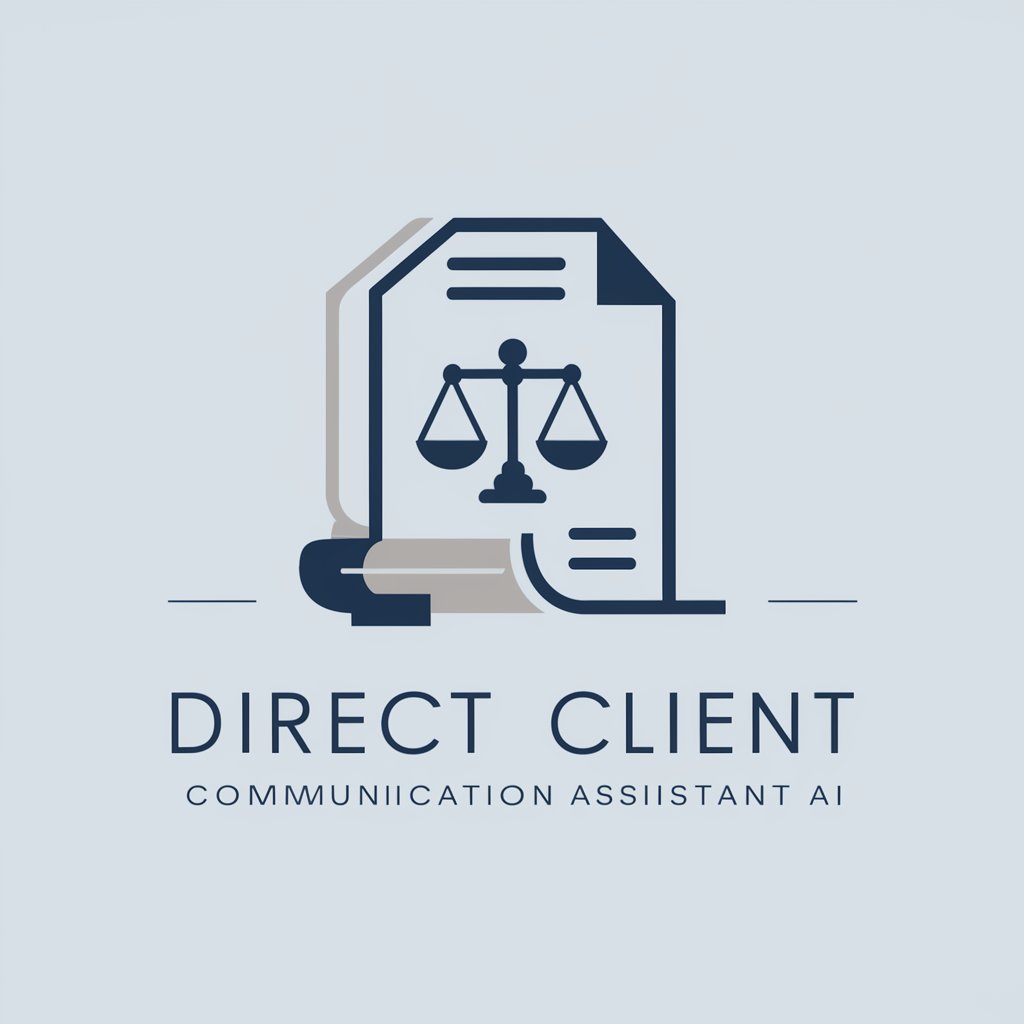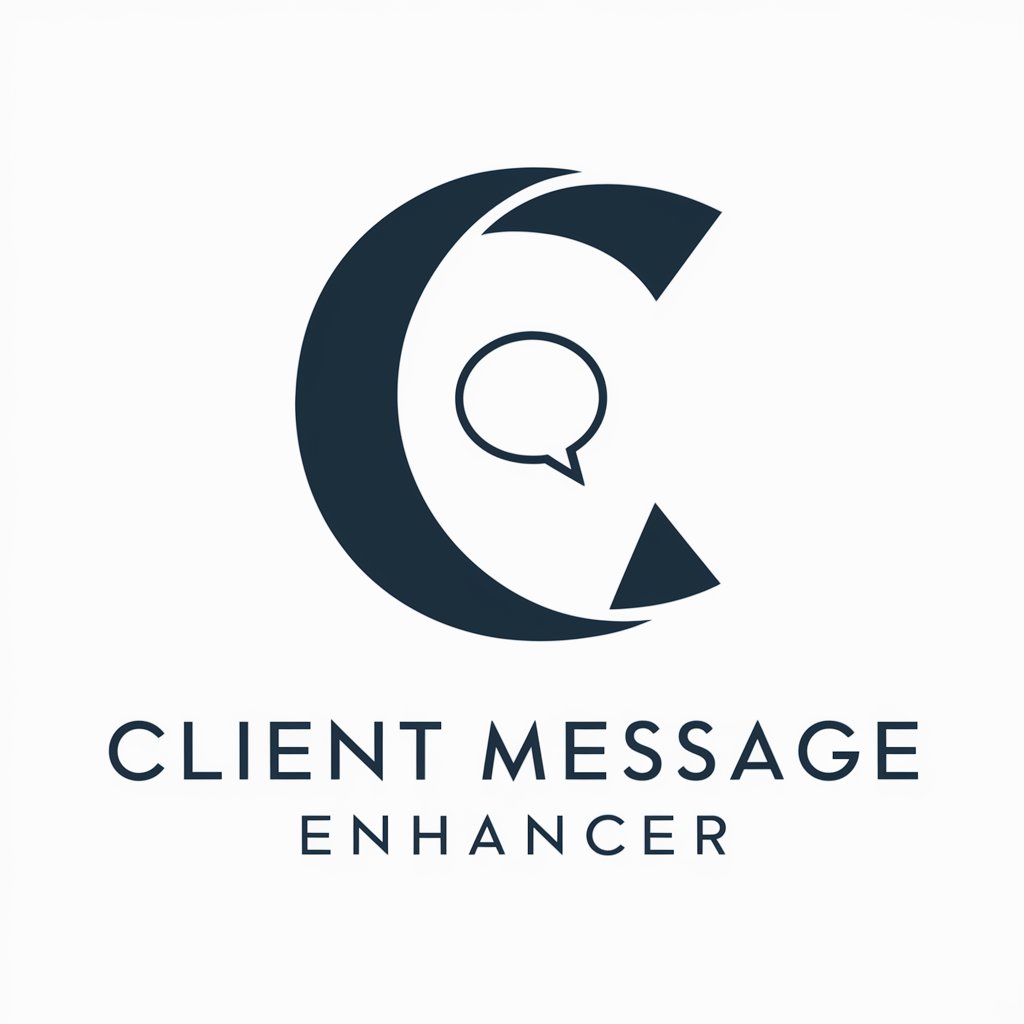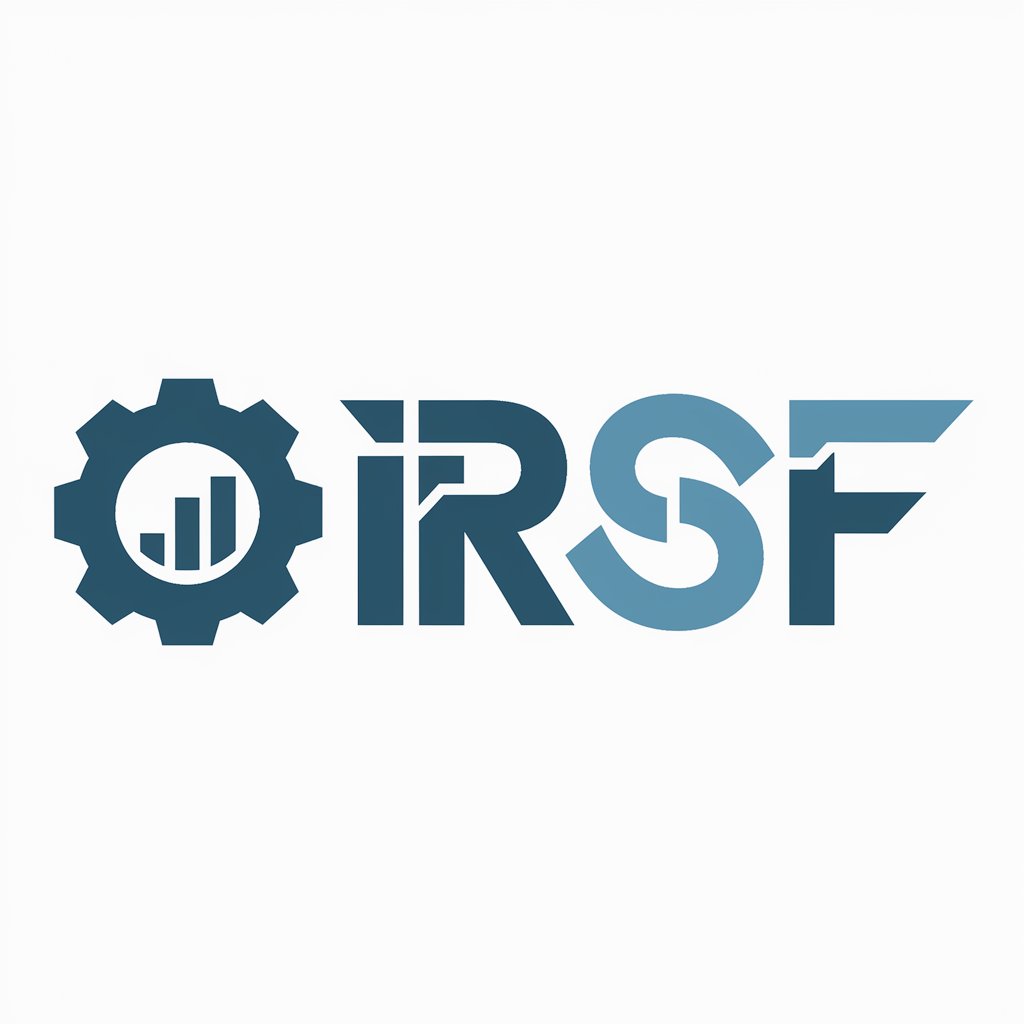
Client Email Assistant For Lawyers - Email Drafting for Lawyers

Welcome! Ready to draft professional client emails?
AI-powered email drafting for legal professionals
Generate an email introducing...
Draft a response to a client's inquiry about...
Create a professional follow-up email for...
Compose an initial email for setting up a consultation about...
Get Embed Code
Overview of Client Email Assistant For Lawyers
The Client Email Assistant For Lawyers is a specialized tool designed to assist legal professionals in crafting and refining email communications with clients and prospective clients. It emphasizes professionalism, clarity, and legal accuracy in correspondence. This tool is adept at transforming complex legal jargon into clear, concise language suitable for client communication. For example, if a lawyer needs to explain a complicated legal strategy or decision to a client, this tool can help draft an email that conveys this information in an understandable and direct manner. Powered by ChatGPT-4o。

Core Functions of Client Email Assistant For Lawyers
Drafting Client Correspondence
Example
A lawyer needs to inform a client about the outcome of a court hearing. The assistant helps draft an email that succinctly explains the results and next steps in a straightforward, legally precise manner.
Scenario
Conveying complex court decisions or legal strategies in a client-friendly language.
Refining Legal Communication
Example
A lawyer receives a draft email written in dense legal terminology. The assistant rephrases the email, making it more accessible to a non-legal audience without losing the essential legal points.
Scenario
Simplifying legal language while maintaining the necessary legal nuances for client understanding.
Response to Client Inquiries
Example
A client sends an inquiry about the specifics of their case. The assistant helps the lawyer draft a response that addresses the query clearly, ensuring the client's concerns are directly and professionally addressed.
Scenario
Providing clear answers to client questions while ensuring legal accuracy and completeness.
Target User Groups for Client Email Assistant For Lawyers
Legal Practitioners
Lawyers, solicitors, and legal advisors who regularly communicate with clients via email. They benefit from this service as it helps maintain professionalism and clarity in communication, ensuring clients understand complex legal matters.
Law Firms
Law firms can utilize this service to ensure consistency and professionalism in all client communications. It's particularly beneficial for firms with a high volume of client interaction and for maintaining a uniform tone and style in communications.
Legal Trainees
Law students or trainees who are new to professional legal communication. This tool can serve as a learning aid, helping them understand how to communicate complex legal ideas in a client-friendly manner.

How to Use Client Email Assistant For Lawyers
1
Start with a free trial by visiting yeschat.ai, no ChatGPT Plus or login required.
2
Review the Terms of Use and Privacy Policy provided at the onset to ensure understanding and compliance.
3
Input the details of your client communication scenario, including any prior emails and specific points you want to address.
4
Specify the tone and style you prefer for the email draft, such as professional, persuasive, or informational.
5
Use the generated email template as a starting point, and customize it further to fit your unique voice and the specifics of your case.
Try other advanced and practical GPTs
Ideal Client Profile Architect
Craft Your Ideal Customer with AI

Client Assistant
Enhancing client communication with AI

Client Message Enhancer
Elevate Your Messages with AI-Powered Precision

Client A
Enhancing diagnostic skills through AI-powered simulations.

Innovative Client
Empowering innovation with AI insights

Client Navigator
Empowering Client Relations with AI

Industrial Relations Strategy Formulator
Strategize with AI-driven insight

Industrial Security Cybersecurity SME
AI-Powered Industrial Cybersecurity Expertise

Perspectiva Industrial
Elevate Engineering Projects with AI-Powered Analysis

Industrial Informer
Powering Industry Insights with AI

Industrial Machinery Mechanics Assistant
Streamline Machinery Maintenance with AI

Industrial Designer
Crafting Tomorrow's Designs Today

Client Email Assistant For Lawyers Q&A
What is Client Email Assistant For Lawyers?
It's a specialized tool designed to assist lawyers in drafting and refining client communication, leveraging AI to provide tailored email templates based on inputted scenarios.
Can I customize the generated emails?
Yes, the tool provides a template which can be further customized to suit your specific needs, allowing for personalization in tone, style, and content.
Is it suitable for sensitive legal communications?
While the tool can provide a strong starting point, all generated content should be reviewed and adjusted by the lawyer to ensure compliance with legal standards and client confidentiality.
How does the tool handle different tones and styles?
The tool allows users to specify their preferred tone and style for the email, adjusting its output to match requests ranging from formal to more casual communication.
What prerequisites are needed to use this tool?
Users should review the Terms of Use and Privacy Policy, provide detailed information about their client communication needs, and have a clear understanding of the desired outcome for optimal results.